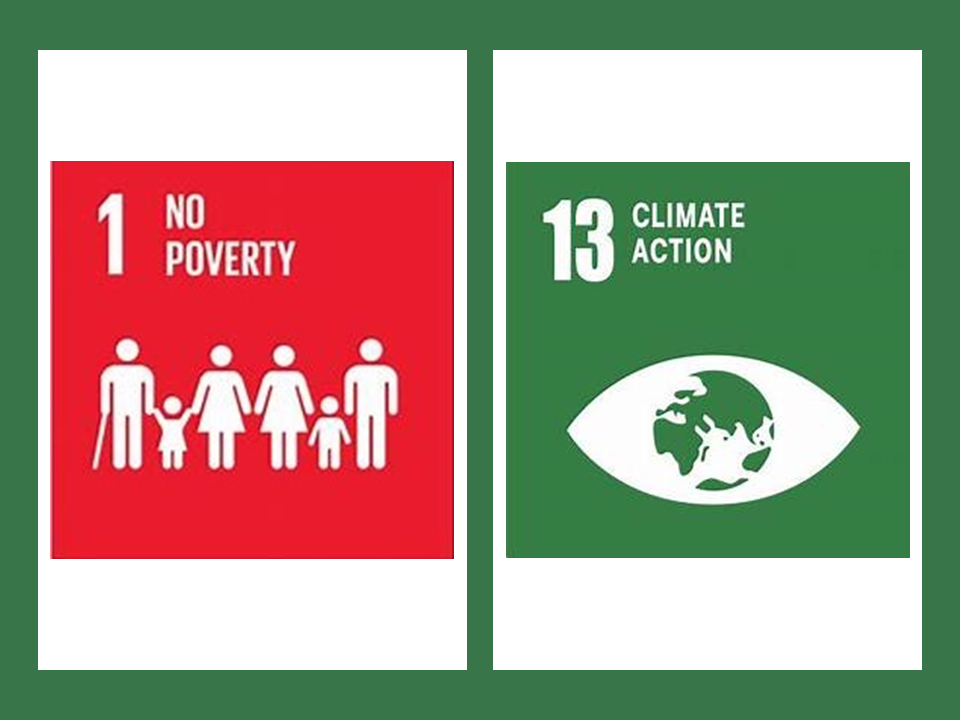Pick Up
918. Poverty Eradication and Climate Change

918. Poverty Eradication and Climate Change
Of the 17 SDGs to be achieved by 2030, poverty eradication tops the list, and the 13th goal is to take concrete steps to combat climate change. There is some concern that poverty reduction will require an increase in consumption, which may conflict with climate action. Historically, poverty reduction has required an increase in people's living standards, and higher incomes and consumption have inevitably been associated with higher greenhouse gas emissions.
In response to this concern, a paper published in Nature on November 29 offers insights that suggest eradicating extreme poverty need not impede climate action. The authors suggest that achieving this ambitious goal, defined by a poverty line of $2.15 a day by 2050, could lead to a modest 4.9% increase in greenhouse gas emissions. However, the paper argues that integrating climate-smart growth, driven by technological progress and reduced inequality, could significantly reduce associated emissions, potentially achieving a remarkable 90% reduction.
The paper points out that while there are trade-offs between economic development and responding to climate change, recent research points to the development of new opportunities that were not possible in the past, where synergies outweigh trade-offs due to new technologies and changing circumstances. For example, renewable energy sources are often more cost-effective than fossil fuels for meeting growing energy demand in many low- and middle-income countries, suggesting that the carbon burden of future economic growth may be much lower than in the past. In particular, climate-smart agriculture, more efficient land use, and rural solar mini-grids are potentially effective in alleviating extreme poverty.
The paper notes that as low-energy, low-carbon options become more competitive with conventional technologies, the trade-offs between climate change and development goals are expected to be resolved, although high initial investment costs pose a financial challenge.
Reference
Wollburg, P., Hallegatte, S. & Mahler, D.G. Ending extreme poverty has a negligible impact on global greenhouse gas emissions. Nature 623, 982–986 (2023). https://doi.org/10.1038/s41586-023-06679-0
Contributor: IIYAMA Miyuki (Information Program)
